Balancing Top-down and Bottom-up
How a strong state structure and a vigorous citizen participation have created China‘s new social economic model. Hayek would be astonished.
How a strong state structure and a vigorous citizen participation have created China‘s new social economic model. Hayek would be astonished.
Naisbitt is the author of the bestselling book Megatrends which sold 9 million copies worldwide. He is also author of other international bestsellers, which in total have sold 14 million copies. Since Megatrends was published in 1982, Naisbitt has been an in-demand lecturer in the international event spotlight. He studied political science at Harvard University, Cornell University and the University of Utah. He served as the Deputy Education Secretary under US President John F. Kennedy, and was Special Assistant to Lyndon B. Johnson.
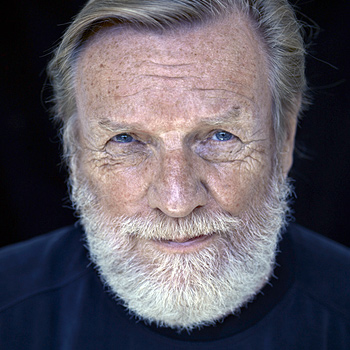
The causal link between monetary policy and the economic cycle has long been clarified. The bankers, who like to play the role of a world rally, are really the arsonists.
Together with the American Martin Weiss, Claus Vogt was chief editor of both German stock exchange letters Sicheres Geld and International ETF Trader. He authors the stock market letter Million-Dollar Contrarian Portfolio, published in the US. In 2004, his book Das Greenspan Dossier, co-written Roland Leuschel, was published, in which he predicted the financial and economic crisis triggered by the bursting of the housing bubble. The book uncovered the monumental monetary policy errors of Greenspan, which in his opinion was responsible for these developments. 2009 Die (Hyper)Inflationsfalle was also published. Vogt completed a business degree at the University of Frankfurt am Main.
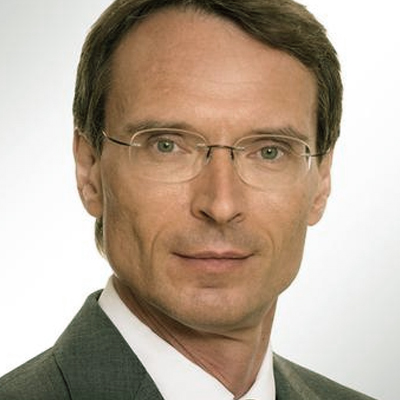
Overlaps of the Austrian School of Economics with anthropology.
Since 2001 Michael G. Leube has been a professor of anthropology, sociology, demography, and international relations. He has engaged in cultural studies at various universities in Madrid and at the University of Santa Clara in California. Leube believes that only management with a sound theoretical and methodological basis, connected with the knowledge of foreign cultures in a competitive, globalized world, can successfully operate businesses. Leube studied anthropology at the University of Berkeley and Vienna.
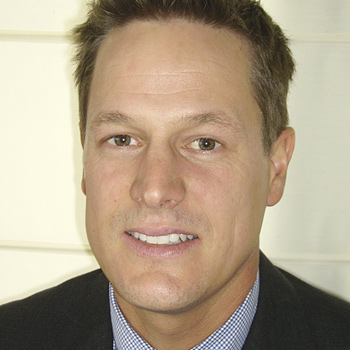
We have become accustomed to delegating the questions of health and disease, life and death to medicine and the state.
Christian M. Kock is the CEO of Healthcare Company AG and HCC Healthcare Company GmbH. In 1998 he was Professor of Health Policy and Health Management at the University of Witten/Herdecke, and from 2001 to 2004 was Dean of the Faculty of medicine and a member of the Executive Board of the University. From 1990 to 1995 he served on the Board of Directors of the Vienna Hospital Association, for organizational development and quality management. In his research he deals with questions of international comparison of health care systems, the financing of health care systems and organizational development in the health sector.
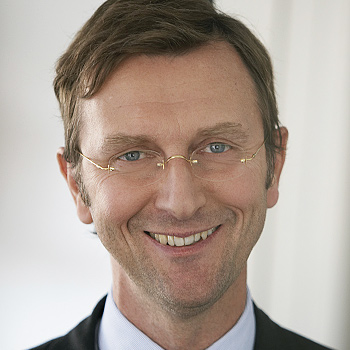
Trust and reputation are indispensable psychological aspects of the creation and existence of the free market. Money operates as a trading medium in the sense of a trust manager. With the loss of its trustworthiness, a free market cannot exist.
Tarek el Sehity is Assistant Professor of Wealth Culture at Sigmund Freud Private University where he works on the development of a socio-psychological model of wealth culture. He is a lecturer on the psychology of money at the University of Vienna, a lecturer on business psychology at the LUISS in Rome, a researcher at the Institute of Cognitive Sciences and Technology at CNR (Italy) on the question of the cognitive and social mechanisms; Research orders by the State Ministry of Lazio (Italy) to the perception of poverty in Rome; Europe-wide study on the introduction of the Euro; Author of Geldgabe - zur Psychologie des Geldes (2010, co-written with Erich Kirchler).
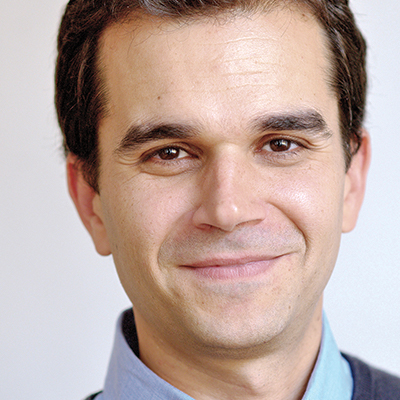
Its changing role in the monetary regimes of the past 100 years, its function in the current financial crisis – and a look into the future.
Dr. Bandulet is the Founder and Editor of GOLD & MONEY INTELLIGENCE, a German industry service for precious metals. He has also been the organizer for G & M Financial Seminars since 1980, and is a columnist for the monthly magazine Eigentümlich frei. Dr. Bandulet is a lecturer in many European countries, and in North and Central America. He is the author of numerous published books, the most recently being The Secret Knowledge of Gold Investors. Previously he was service chief for die Welt newspaper, Member of the Editorial Board of the magazine Quick, and author for the cultural magazine Transatlantik. He studied political science, history, Spanish and Economics in Berlin, Würzburg, and Madrid.
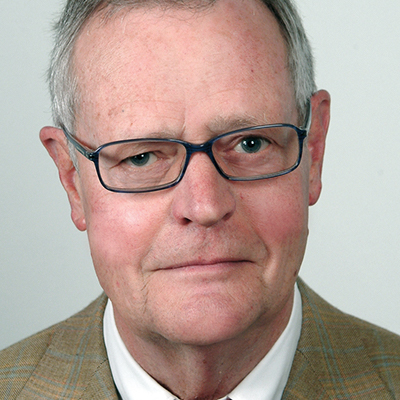
It is true that a free market society is as disreputable as recurring and increasingly severe financial and economic disturbances?
Dr. Thorsten Polleit has served as Chief German Economist at Barclays Capital since October 2000. Previously Dr. Polleit worked for for ABN AMRO in Frankfurt, London and Amsterdam, and was Chief German Economist for ABN AMRO Germany AG. He is a member of the Friedrich August von Hayek Organization, and the Research Network on Money in the Economy (ROME). His main interests lie in the areas of monetary economics, monetary theory and policy, and capital market theory. In the year 2000 he founded the ECB Observer, an independent group observing European Central Bank. In 2003, he was recognized as a professor at the Frankfurt School of Finance & Management.
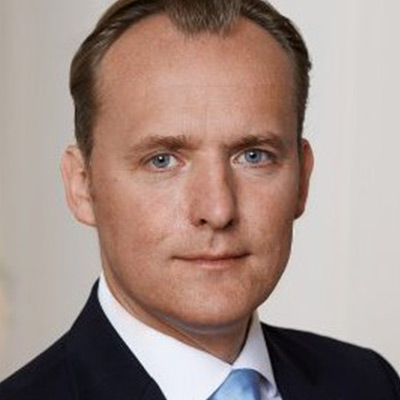
What would change in the economy if we were to create a natural monetary system?
Since 2004, Jorg Guido Hulsmann has been chairholder of Economics at the University of Angers. In 2000 he was appointed as a Research Fellow for the Mises Institute in Aburn (Alabama), and in 2004 as Senior Fellow. The focus of his work is on the history of economics and of liberalism, monetary theory, and the relationship between economics and religion. His numerous publications include Die Ethik der Geldproduktion“ (2007) and Deflation and Liberty (2008).
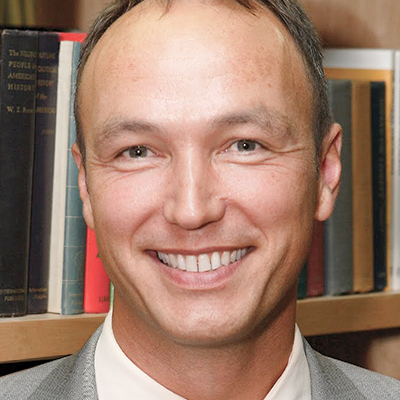
In a world of unprecedented fiscal and monetary policy incentives, some emerging markets and sectors may continue to grow as they are far from being saturated.
Marc Faber is a Swiss Stock Exchange expert, Fund Manager and book author. He is the Founder and CEO of Hong Kong investment company Marc Faber Ltd. Faber Is a pessimistic stock market guru, having correctly predicted the financial crash in Japan, the stock market crash of 1987, the Asia crisis and the bursting of the technology bubble in 2000. He is the editor of The Gloom, Boom & Doom Report newsletter. In July 2007, he predicted economic difficulties in the United States for the 2nd half of 2007. Faber studied economics and holds a doctorate in Economic History.
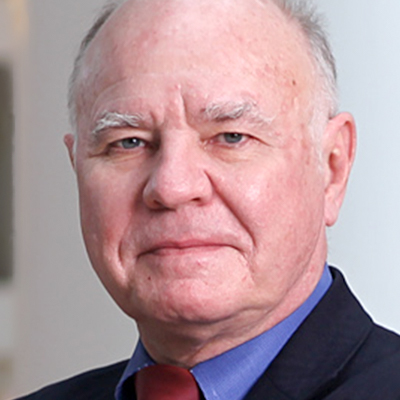
How the state patronizes its citizens in wealth matters.
Cortes is a managing partner of UNIFINANZ TRUST (Vaduz), founded in 1952 and licensed by the Liechtenstein financial market authority FMA wealth management company. He is also a delegate of the Board of Directors of University Finance AG, Sevelen, Switzerland. He is an advisor to the Board of LGT Capital Management and member of the Investment Committee of a private bank and a pension fund in Switzerland. Since 1989, Cortes has authored the column Regular Market Technicians in Finance & Economics, and is the author of the financial market analysis MONITOR. In addition, Cortés is member of the Board of Trustees of the European Center of Austrian Economics.
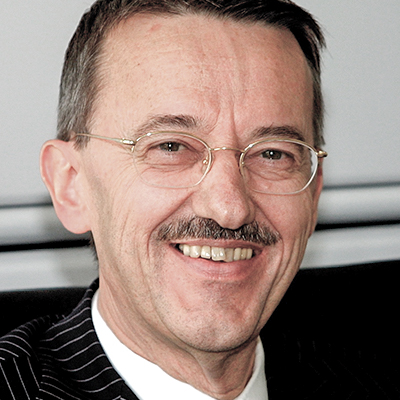
The last rebuilding of the financial system.
Ralf Flierl is the Founder and CEO of Munich-based-company Smart Investor Media GmbH, as well as Chief Editor of the magazine Smart Investor. He is also responsible for the weekly stock market letter Smart Investor Weekly. Smart Investor magazine provides stock exchange know-how and is a competent source of advice for investment decisions. Prior to his current position, Flierl was security paper analyst at FINANZWOCHE in Pullach near Munich, and head of research at GoingPublic Media AG in Wolfratshausen.
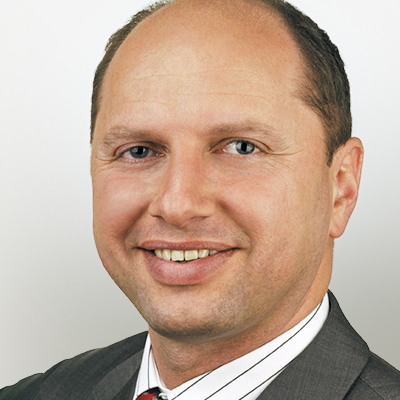
Time change and power shift to Asia ante portas? The long-term prospects for system-relevant trust and credit creation.
Gerhard Massenbauer is the Managing Director of Censeo Asset GesmbH, involved in ValorSol GmbH and founder of Tenaxis Capital GmbH. He lectures on the financing of foreign currency and investments. Massenbauer is the publisher of the monthly newsletter Massenbauer, the first professional medium for foreign currency borrowers with reports about the major developments currently on the most frequently used currencies (EURO, USD, JPY, CHF), as well as an overview of the price and interest rate forecasts for these currencies.
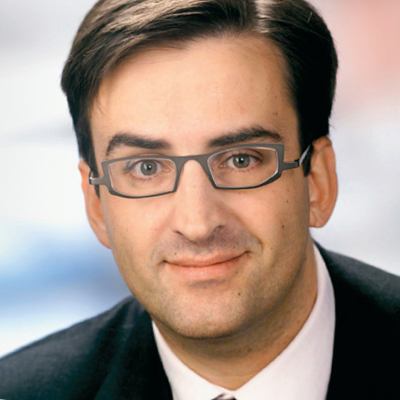
The role of private equity as an alternative form of financing.
Dr. Agneter is on the Board of Directors of the AVCO (Austrian private equity and venture capital organization), and is the Managing Director of Tecnet Capital Technology Management GmbH, as well as Lower Austria Guarantees and Lower Investment financing GmbH. Additionally she is the CEO of Tecnet Equity Technologiebeteiligungs-invest AG. Previously Dr. Agneter was the head of the private equity department of Raiffeisen Centrobank AG in Vienna. Prior to this position she was involved in the development of new guarantee instruments for Austria Wirtschaftsservice (formerly FGG) for their venture capital / private equity fund. Doris Agneter is a member of various advisory boards and supervisory boards of private equity funds, and a lecturer at various Austrian universities.
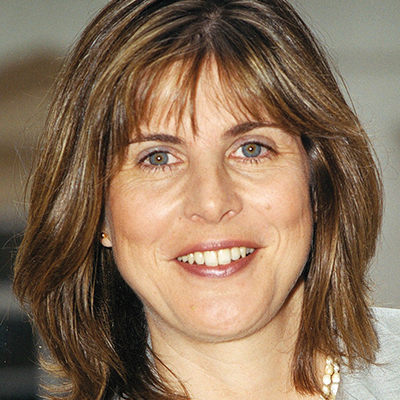
What will be the consequences of misconduct of finance and politics? Restarting the success story of Europe is only possible by strengthening self-initiative and SMEs. But how realistic is this scenario?
Philipp Vorndran has strengthened the investment team of Raft, Creek & Stork as a Capital Market Strategist since 2009. Since 2005 he has also been a supervisory board member for Flossbach & von Storch AG. From 1997 to 2008, Vorndran was at Credit Suisse Group serving in various functions. He was Chief Strategist for Global Asset Management and also CEO from 2004 to 2006, at Credit Suisse Asset Management GmbH in Germany. He began his career at Bank Julius Bär in Frankfurt and Zurich, serving as manager from 1992 to 1996.
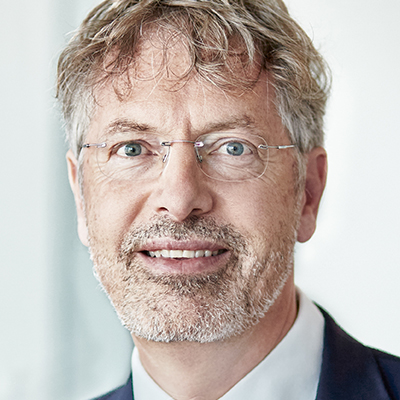
Even crises breathe! Intermediate or trend reversal? Monetary crises accelerate the view of real values. Are stocks crisis winners or crisis losers?
Since April 2002, Folker Hellmeyer has been Chief Analyst of the the Bremer Landesbank, responsible for sales foreign exchange and money market. From 1995 to 2002 he was Senior Dealer and Chief Analyst of the Landesbank Hessen-Thüringen GZ. As a commentator in the international financial markets, he can be seen regularly on ARD, n-tv, Bloomberg and the NDR. Upon completion of his bank studies, he worked as an assistant and customer trader in Deutsche Bank AG's foreign exchange trading in Hamburg.
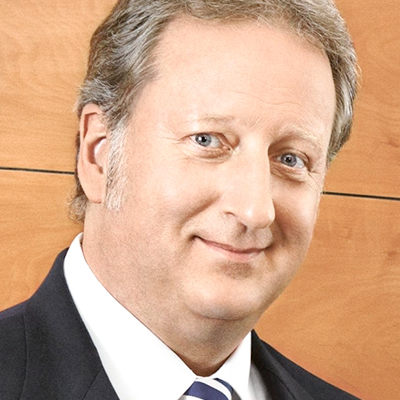
Have a look at video of our Speakers—inspiring, educational and empowering for entrepreneurs, business people and sales.
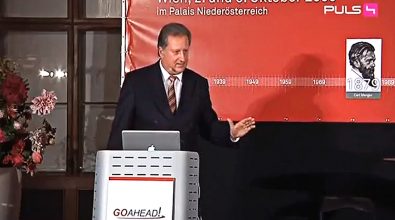
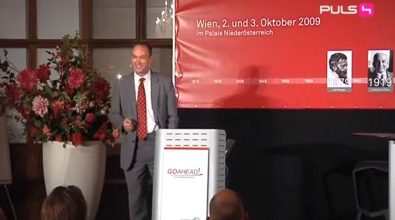
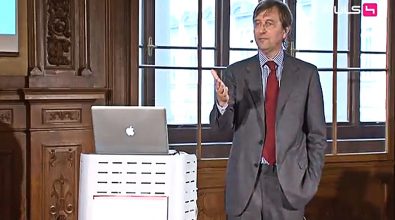
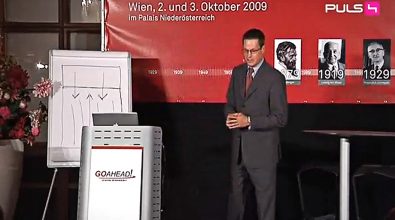
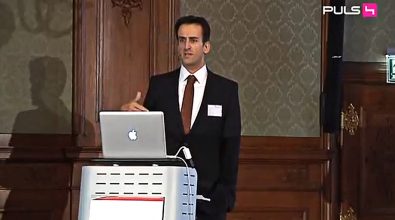
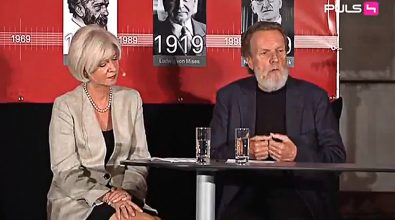
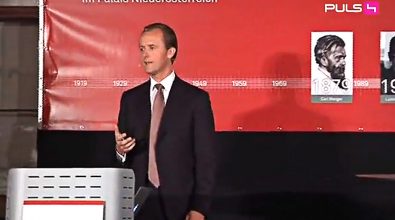
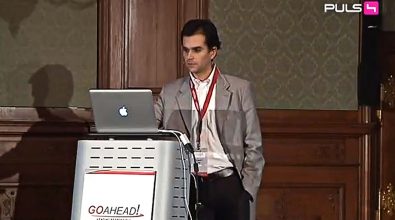
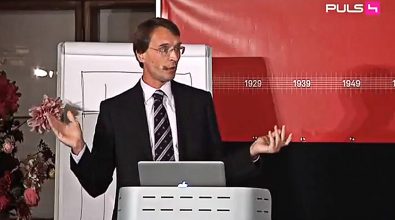
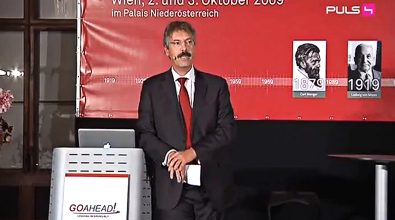
Top experts in business, entrepreneurship, marketing and sales, from all over the world. We only bring the best, so every moment you spend with us is a powerful education.

How a strong state structure and a vigorous citizen participation have created China‘s new social economic model. Hayek would be astonished.

The causal link between monetary policy and the economic cycle has long been clarified. The bankers, who like to play the role of a world rally, are really the arsonists.

Overlaps of the Austrian School of Economics with anthropology.

We have become accustomed to delegating the questions of health and disease, life and death to medicine and the state.

Trust and reputation are indispensable psychological aspects of the creation and existence of the free market. Money operates as a trading medium in the sense of a trust manager. With the loss of its trustworthiness, a free market cannot exist.

Its changing role in the monetary regimes of the past 100 years, its function in the current financial crisis - and a look into the future.

It is true that a free market society is as disreputable as recurring and increasingly severe financial and economic disturbances?

What would change in the economy if we were to create a natural monetary system?

In a world of unprecedented fiscal and monetary policy incentives, some emerging markets and sectors may continue to grow as they are far from being saturated.

How the state patronizes its citizens in wealth matters.


Time change and power shift to Asia ante portas? The long-term prospects for system-relevant trust and credit creation.

The role of private equity as an alternative form of financing.

What will be the consequences of misconduct of finance and politics? Restarting the success story of Europe is only possible by strengthening self-initiative and SMEs. But how realistic is this scenario?

Even crises breathe! Intermediate or trend reversal? Monetary crises accelerate the view of real values. Are stocks crisis winners or crisis losers?